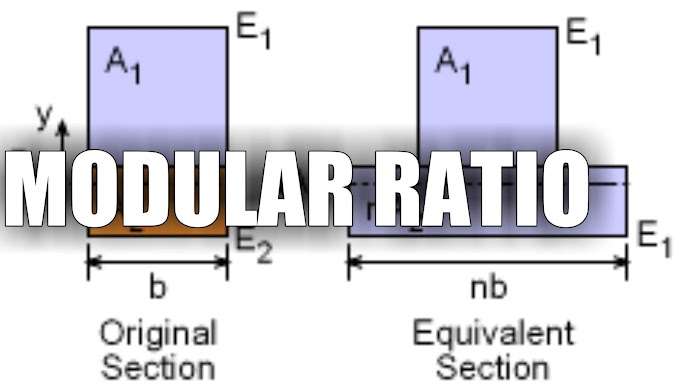Structure

Mechanism
If no resistance is set up in the body against the deformation, it is known as an unstable structure or 'Mechanism'. The simply supported beam shown below with an internal hinge is an unstable structure.Classification of Structures:
Skeletal Structures
Structures that can be idealized to a series of straight or curved lines. Ex: Roof trusses, building frames.Surface Structures
Structures that can be idealized to plane or curved surfaces. Ex: Slabs and shells.Solid Structures
Structures that can neither be idealized to a skeleton nor to a plane or curved surface.
Ex: Massive foundation.
Classification of skeletal structures:
(a) Based on the type of joint:
Pin-jointed frames
Members are connected by means of pin joints. These frames support the loads by developing only axial forces if the external load acts at the joints and members are straight.Rigid jointed frames
Assumptions: The joints of rigid jointed frames are assumed to be rigid so that the angles between the members meeting at a joint remain unchanged. These frames resist external forces by developing bending moments, shear forces, axial forces, and twisting moments in the members of the frame.(b) Based on Dimensions:
Plane frames
All members of the plane frame, as well as the external loads, are assumed to be in one place.Further Classification
Pin-jointed plane frame: Members carry only axial forces
Rigid jointed plane frame: Members are subjected to axial forces, shear forces, and bending moments.
Important Note: If loaded in its own plane, any cross-section of the member is subjected to three internal forces. (one axial force, one shear force, and one bending moment). If loading is away from the plane torsional moments also.





0 Comments